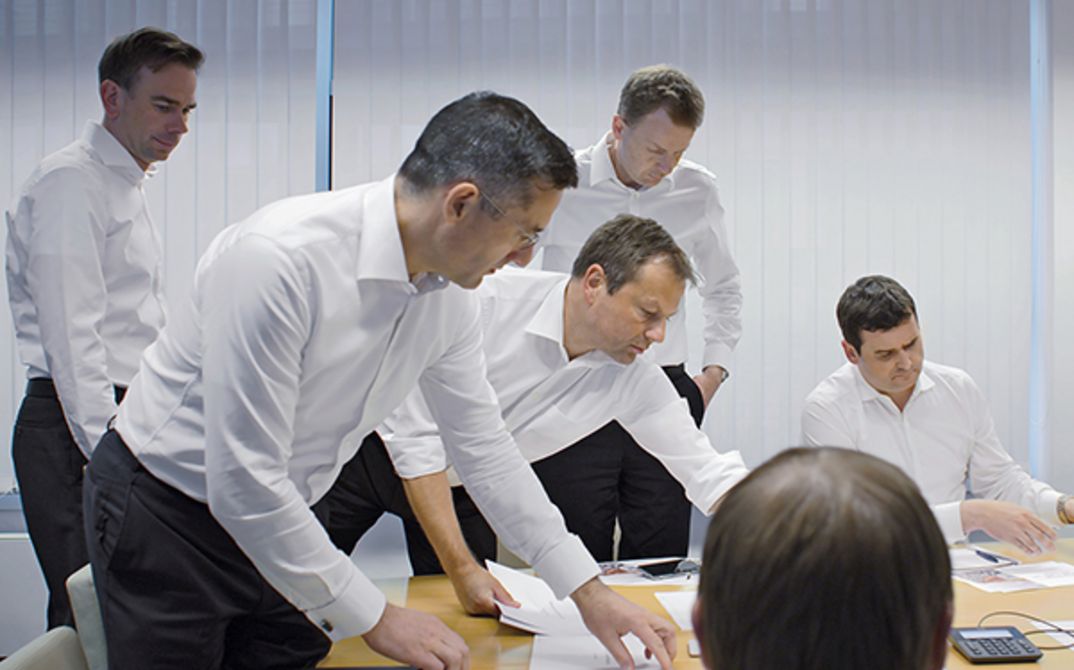Monopoly and capitalistic analysis
When I received the 2012 Gerd Ruge Grant for this project, I had no idea what kind of journey this film would send me on. It all began with harmless curiosity: after the financial crisis, I wanted to understand the phenomena of our economic system. My narrative attempt at making the capitalist system comprehensible through its actors, however, proved difficult if not impossible. This challenged me to find other paths and images through which to approach the question of what actually drives economic growth, debt, and the concentration of wealth.
In developing the visual concept, it was important to Dirk Lütter and me to stage both the inaccessibility and the glassy pseudo-transparency of a world designed according to economic parameters: a world formed by verticals and horizontals with reflective, glittering facades and beeping restrictions of access. I wanted to elaborate this effect through the graphic computer layer, which consists of a constantly repeating grid matrix and is superimposed over the film’s images in long fades. A metric becomes visible that is reminiscent of a maths notebook and lays itself across us and the world like a delicate, invisible, yet all-determining grid – broken down into individual units that only relate to each other in terms of calculation.
In the course of working on this film project, I realised that I had to find other narrative ways to approach certain economic connections. My interview subjects from the business world seemed too firmly embedded in an ideological frame within which my questions had no place and could not be understood. That’s why we staged the situation of a revised Monopoly game in the public space of a pedestrian zone with a group of people devoted to the analysis of capitalist economy and money production. These scenes in the pedestrian zone are the thread running through the film. At the same time, the players act like a Greek chorus, expressing to the audience what the play’s primary characters – my interview subjects – are unable to say.
The aesthetic-dramaturgical decision to establish myself as the directorial figure at the beginning of the film and to repeatedly show myself conducting research by telephone only emerged during the editing process. In addition, the stylistic device of the telephone calls served as an artistic container format, wherein I could sufficiently alter conversations that were not intended to be made public, as well adequately condense individual research fragments in order to weave the film into a coherent whole.
On the whole, I see in OECONOMIA a continuation of my cinematic work, which in my previous film, WORK HARD PLAY HARD, ended in the unspoken question: what makes companies strive for permanently profitable growth? (Carmen Losmann)
